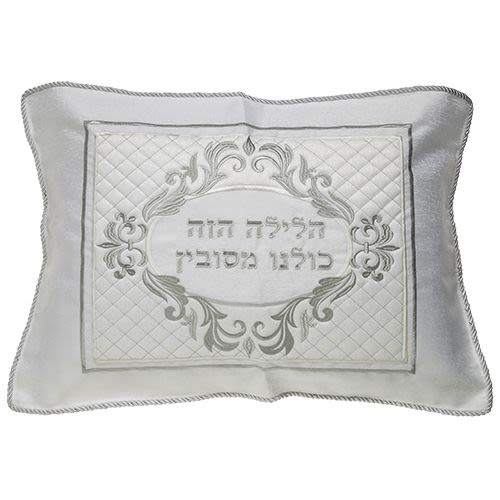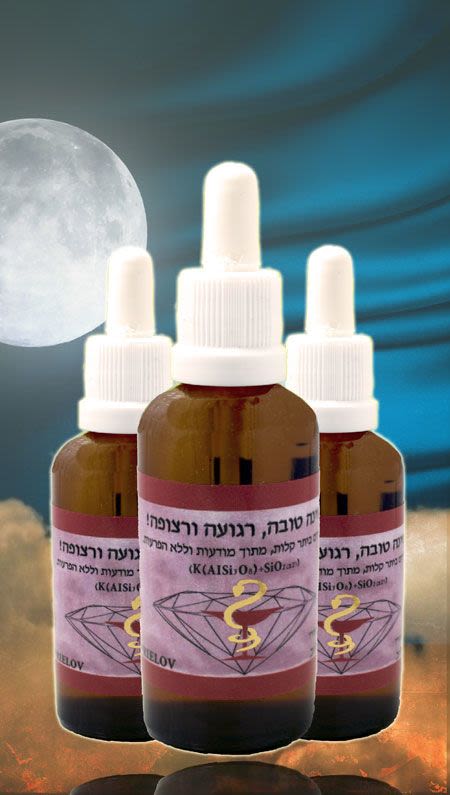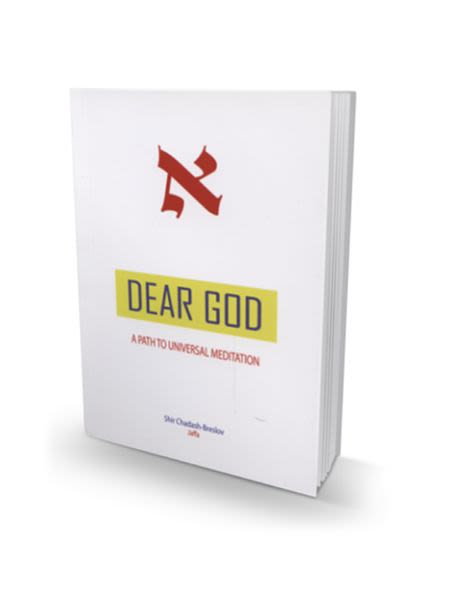
Rejoice in Yourself!
Mitzvoth are not milk or fish - they don't get old and they don't spoil. Your worthy deeds are yours forever, so rejoice in them!

Some people say, "But I can't find any good in myself." Rebbe Nachman answers that there's no such thing as a Jew without any good points. What's more, Hashem cherishes every little movement of good that you make with every part of your body (see Likutei Moharan I:17).
Haven’t you ever given a coin to charity? Haven’t you ever helped an elderly person or visited a sick person in a hospital? Haven’t you ever eaten matza on Pesach? Haven’t you ever given your wife money for groceries? Of course you have, and much more! So rejoice, for each tiny good deed you did is a priceless mitzvah that's yours for posterity.
Even if you're seventy years old and you haven't been in a synagogue for 57 years since your Bar Mitzva, you can rejoice in the fact that on the day of your Bar Mitzva, you either put on tefillin or were called to the Torah or maybe even both! You said a blessing, perhaps numerous blessings that day. So what if it was decades ago? Mitzvoth are not milk or fish – they don't get old and they don't spoil. Your mitzvoth and your worthy deeds are yours forever, so rejoice in them! No one can ever take them away from you.
Each mitzvah you've performed is like an additional strand in the eternal spiritual rope that ties you to Hashem. Your connection to Hashem is eternal and so are your mitzvoth. Any time the evil inclination tries to knock you down, you must draw on your reserve of good points to fortify yourself and to get back  quickly on your feet.
quickly on your feet.
If all the mitzvoth are gifts, then the greatest gift of all is the mitzvah of teshuva. At any given time, a Jew can rectify whatever he happened to do wrong. All past debts are erased! Not only that, but with teshuva, one is rewarded! To realize what a magnificent gift teshuva is, imagine the following scenario:
You're driving on the expressway, and without paying attention, you’ve gone thirty miles per-hour over the speed limit. A state trooper pulls you to the side of the road and tells you that your violation is so serious, that you will be taken directly to be tried in traffic court. The Department of Motor Vehicles computer shows the judge that you already have twelve points against you from three previous speeding violations. The law states that now, with sixteen points, your license will be suspended for a year. What's more, driving thirty miles per-hour over the speed limit incurs a fine of $1500!
The fine is bad enough, but what will you do without being able to drive for a year? You contemplate your actions, and you come to the conclusion that your driving really was dangerous – you could have endangered yourself and others. So when the judge calls your name and it's your turn to be tried, you express your total remorse. You tell the judge that you're really sorry and you make a solemn commitment to improve and become a safe driver from here on. In the end, the judge not only forgives you for this offense but wipes your slate clean from the points incurred by previous offenses. If that's not enough, instead of fining you, he writes you a check for $1500! Amazing?!
That's the power of doing teshuva from love. What a gift!
So how do you do the type of teshuva from love that has the power of converting spiritual debits into credits?
First of all, any Jew is capable of doing teshuva with love. Any person who devotes an hour a day to personal prayer, half of which is devoted to soul-searching, self-assessment and asking Hashem to help him improve, especially in the areas of guarding his eyes and personal holiness, is a person who is actively doing teshuva from love.
He's not doing teshuva because he needs to ease tribulations or because he's afraid of being punished. Nor does he have an ulterior motive of material gain. His daily personal prayer session is in itself a statement that he cherishes his connection with Hashem and he doesn't want anything to interfere. So, if he does something against Hashem's will, he does his best to rectify it as soon as possible in order to maintain his loving connection to Hashem. This is true teshuva with love, which has the power of converting spiritual debits into credits. You can only do it when you rejoice in yourself. And believe me, you have plenty of reasons to be happy with yourself; start looking for them!












Tell us what you think!
Thank you for your comment!
It will be published after approval by the Editor.